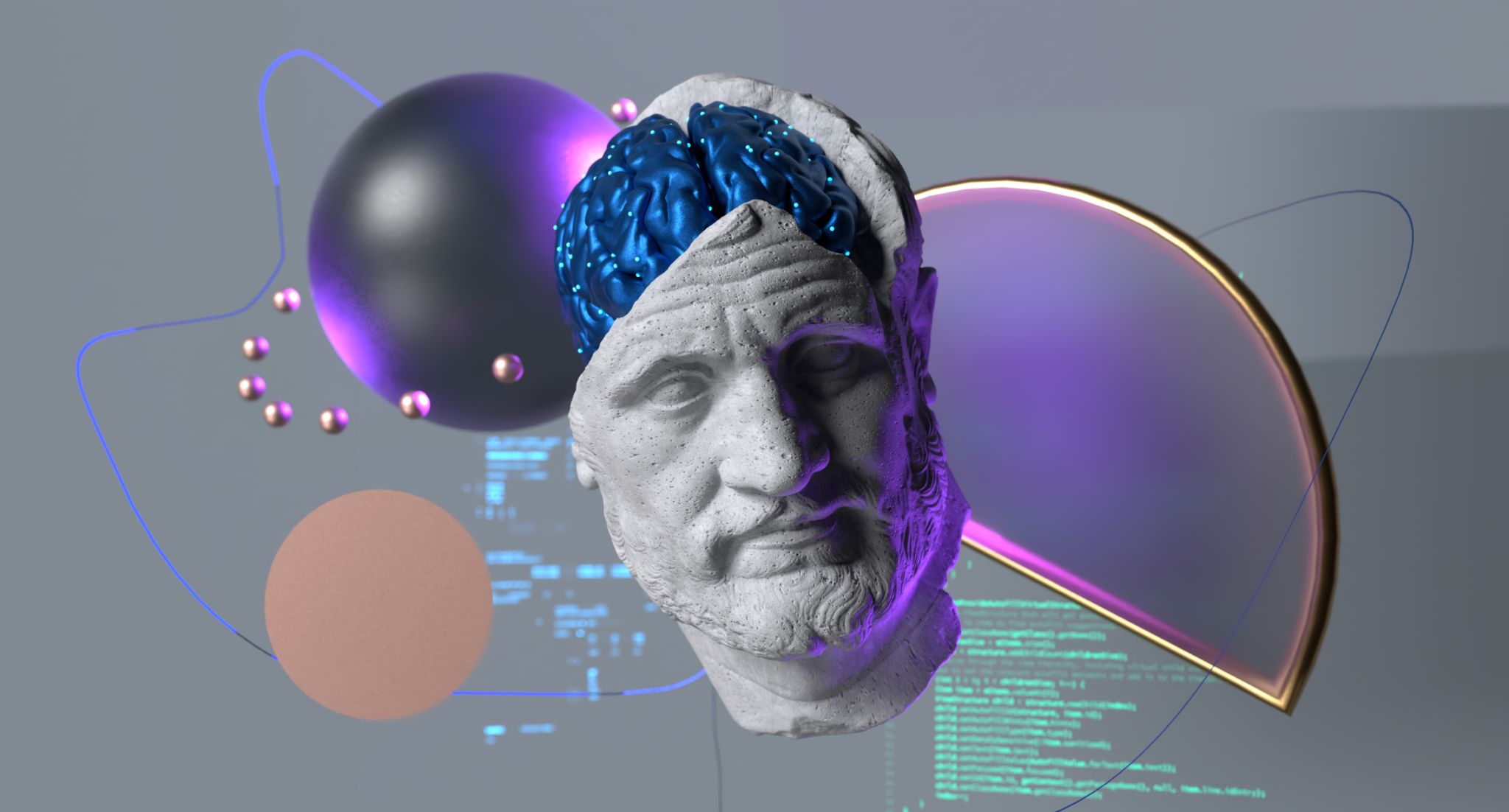Unlocking Creativity with AI: Practical Applications for Artists and Writers
Introduction to AI in Creative Fields
In recent years, Artificial Intelligence (AI) has made its mark across various industries, including the creative arts. From enhancing productivity to inspiring new forms of expression, AI provides artists and writers with tools to unlock their creativity. By embracing this technology, creatives can explore uncharted territories and push the boundaries of their work.
AI's capacity to analyze vast amounts of data and recognize patterns offers new perspectives and possibilities. Whether you're a painter, musician, or novelist, AI can help you find inspiration and streamline processes in ways previously unimaginable.

AI Tools for Artists
Generating Ideas and Concepts
One of the most significant benefits of AI for artists is its ability to generate ideas and concepts. Numerous AI-powered platforms offer assistance in brainstorming sessions by providing unique visuals or suggesting color palettes. These tools can serve as a springboard for artists seeking to overcome creative blocks and develop fresh ideas.
Enhancing Artistic Techniques
AI isn't merely about generating ideas; it also helps refine techniques. Applications that employ machine learning can analyze an artist's style, suggesting improvements or variations that may not have been considered. By using AI, artists can enhance their skills and produce work that resonates with a broader audience.

AI Assistance for Writers
Overcoming Writer's Block
Writer's block is a common challenge that many writers face. AI-driven writing tools can assist in overcoming this hurdle by suggesting plot twists, character developments, or even entire storylines. By providing these prompts, AI enables writers to continue their narratives without losing momentum.
Improving Writing Efficiency
Beyond idea generation, AI can also improve writing efficiency. Tools equipped with natural language processing can help edit and proofread texts, offering grammar suggestions and stylistic improvements. This allows writers to focus more on storytelling and less on the mechanics of writing.

The Ethical Considerations
While AI presents numerous opportunities for creativity, it's crucial to consider the ethical implications. Questions about authorship, originality, and the role of human creativity in an AI-driven world are becoming increasingly relevant. Artists and writers must navigate these concerns while exploring the potential that AI offers.
Ensuring that AI is used responsibly involves understanding its limitations and maintaining a balance between human input and machine assistance. By doing so, creatives can leverage AI as a powerful ally rather than a replacement.

Conclusion: Embracing the Future
The integration of AI into the creative process marks an exciting frontier for artists and writers. By unlocking new possibilities and streamlining existing workflows, AI provides the tools necessary to elevate creative expression to new heights. As technology continues to evolve, embracing AI will be essential for those looking to remain at the forefront of their fields.
The intersection of art and technology is rich with possibilities. As we continue to explore and adapt to these advancements, the creative landscape will undoubtedly become more vibrant and diverse than ever before.